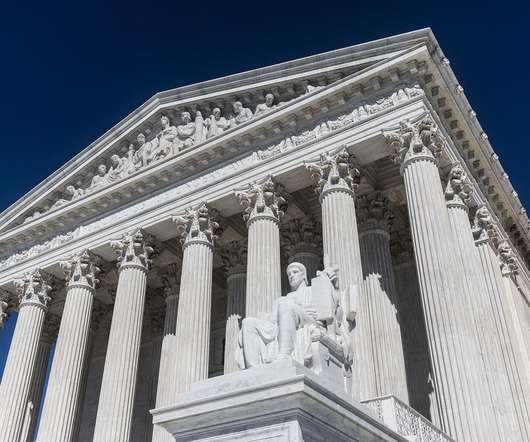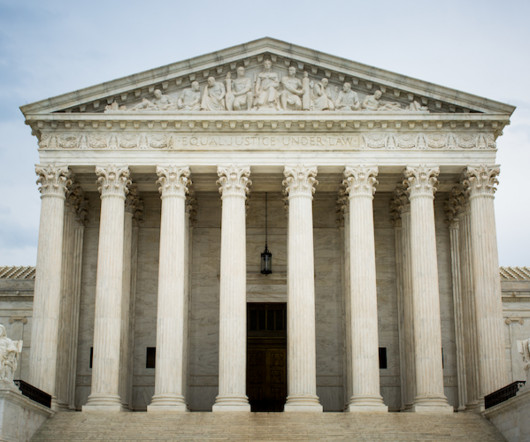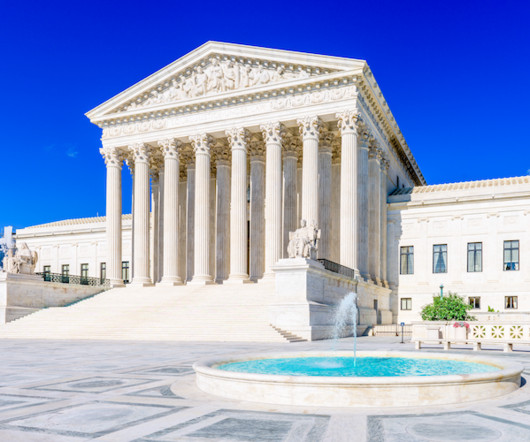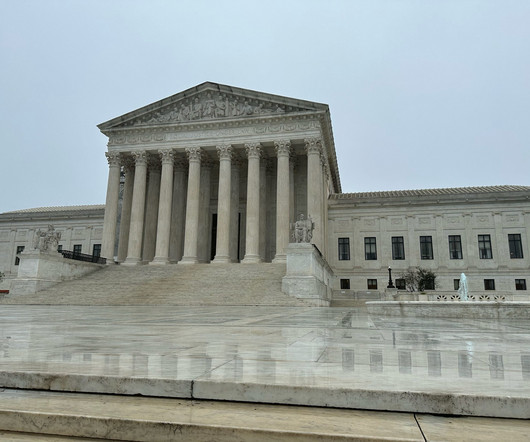Supreme Court Clarifies Scope of Alien Tort Statute
Constitutional Law Reporter
SEPTEMBER 10, 2021
By a vote of 8-1, the Court held that to plead facts sufficient to support a domestic application of the Alien Tort Statute, 28 U.S.C. Where the statute does not apply extraterritorially, plaintiffs must establish that “the conduct relevant to the statute’s focus occurred in the United States. Facts of the Case.




















Let's personalize your content